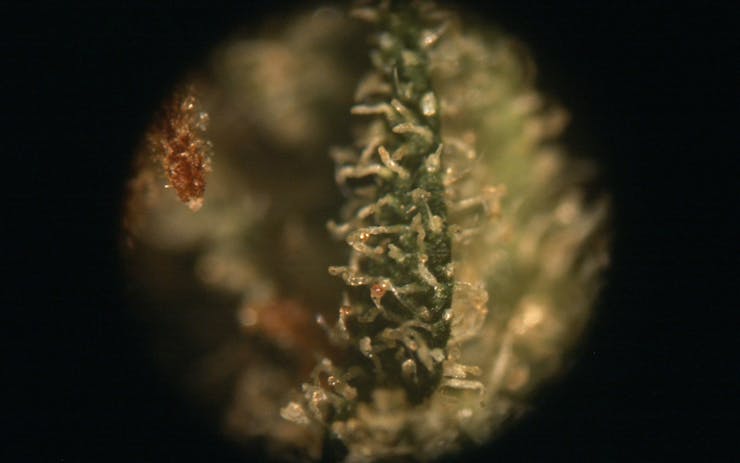Legal access to cannabis in Spain, where the plant remains in a legal gray zone, is still a ways over the horizon, but medical patients in country are hopeful change is underway. Developments such as a new national observatory centered on medical applications of cannabinoids and initiatives like the CannabMed conference in Barcelona are adding to the country’s cannabis knowledge base, empowering patients and health care professionals, and highlighting the need for reform of medical cannabis legislation.
José-Carlos Bouso, a pharmacologist,, psychologist and scientific director of International Center for Ethnobotanical Education, Research and Science (ICEERS), together with other top scientists and researchers, has created the Spanish Observatory on Medical Cannabis (OECM, Observatorio Español del Cannabis Medicinal). The organization counts among its honorary members a number of top cannabis scientists, such as Raphael Mechoulam, who first isolated and later synthesized tetrahydrocannabinol (THC); Dr. Franjo Grotenhermen, Germany’s leading medical cannabis authority; and American neurologist Dr. Ethan Russo.
The observatory promotes the work of its members including the research of Dr. Manuel Guzman and Dr. Cristina Sanchez on the specific actions of cannabinoids in oncology, and also highlights the ongoing research of hundreds of other Spanish health professionals who are breaking new ground in cannabis research. The group is also putting pressure on lawmakers in Madrid to improve safe access to cannabis for medical patients.
Apart from the Spanish observatory, Bouso is also helping the Spanish cannabis reform effort by launching Cannabmed, a two-day conference on medical cannabis in Barcelona. The gathering of officials and experts will be hosted at Barcelona’s Autonomous University.
“Above all,”, Bouso says, “we want to give a prominent role to patients. They are the real experts, as they are the ones who suffer the disease and know it best. We want to create dialogues where we will analyze problems and find solutions together.”
Spain currently prohibits medical cannabis containing THC. As a result, many patients turn to the hundreds of cannabis social clubs around the country that try to provide minimum medical cannabis services. For now, however, truly safe access to products subject to quality assurance and testing is far from guaranteed.
And although Spain is the world’s second-largest producer of legal opium poppy for medical use, there is still no legal production of medical cannabis. The enforcement of Spanish law “persistently runs over the rights of patients,” Bouso said, “and medicinal cannabis users are affected by the same persecution as non-medical users.”
Meanwhile, legally sanctioned cannabinoid medicines are limited to extremely expensive registered pharmaceutical drug products such as Sativex, produced by the UK-based pharmaceutical giant GW Pharmaceuticals. Cannabinoid preparations that are purported not to contain the psychoactive compound THC—generally advertised as containing non-intoxicating CBD instead— are increasingly being purchased online in the forms of tinctures and various topical and oral preparations based on hemp extracts, he said.
“Although there are exceptions, many of these oils do not contain what they pretend to,” Bouso said. “Worse still: when analyzed, many of them were found to contain toxic waste chemicals and other contaminants, making the remedy worse than the disease.”
Bouso denounced companies that, he said, “take advantage of the needs of patients to sell them a product of unknown reliability at soaring prices, impossible to pay for many,” but he remains optimistic that the efforts of the new observatory, in addition to conferences and local activism, will illustrate to officials that it is time to reform Spain’s cannabis laws.





